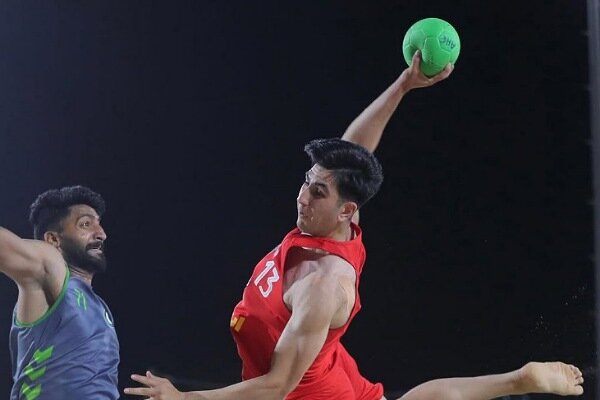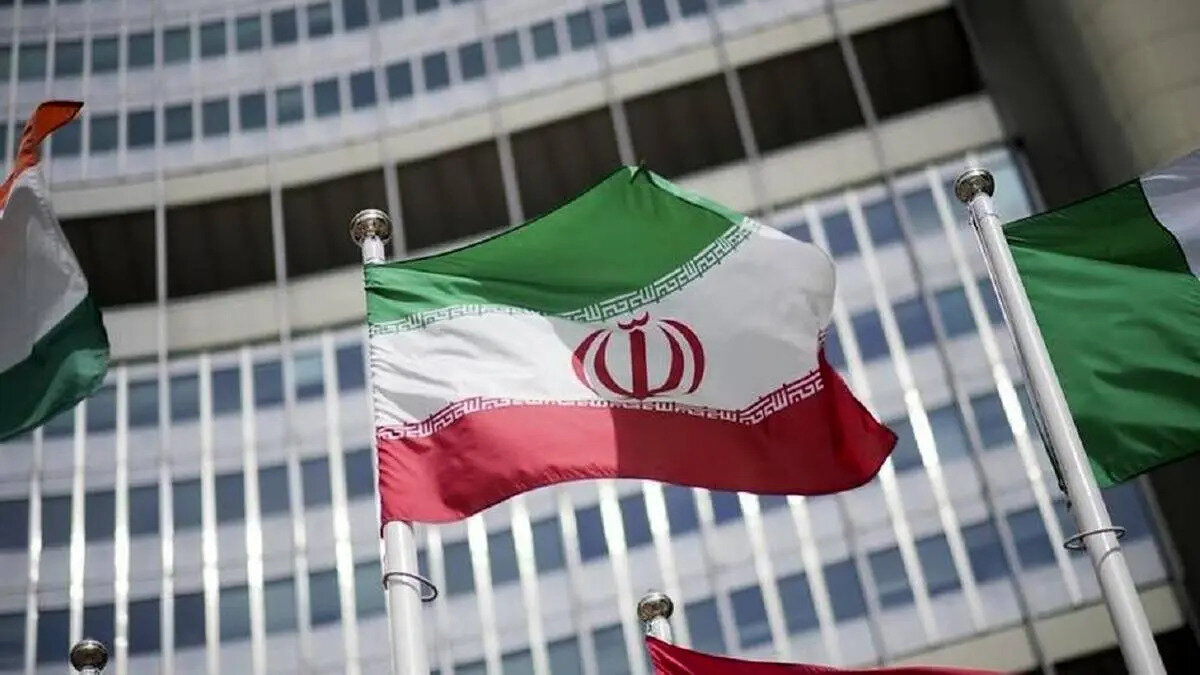
TEHRAN Iran and the United States appeared to avoid an impasse on Sunday as they wrapped up a fourth round of indirect nuclear talks, which has been characterized as the most difficult round of discussions so far.Irans Foreign Ministry Spokesman Esmaeil Baqaei, part of Irans negotiating team in Oman alongside technical, legal, and nuclear experts, said the talks were difficult, but were also useful.
He said the discussions helped the two sides understand each others positions and find reasonable and realistic ways to address the differences.Tehran and Washington agreed to hold a fifth round of negotiations, with the timing and location to be announced bythe mediator, Oman.
The Arab state has been coordinating the discussions and also acting as a go-between.The relative success of the latest round comes as observers had expected a potential collapse in the diplomatic process, after Washingtons lead negotiator, special presidential envoy Steve Witkoff, said during an interview earlier in the week that the U.S.
wants concessions on Irans redlines or it will withdraw from the talks.It appears that Witkoff avoided raising the demands he referenced in the interviewthe dismantling of Irans nuclear facilities and an end to uranium enrichmentsince Tehran had previously stated it would never accept such conditions.
The Tehran Times understands that Irans stance remains unchanged, and the agreement to hold a new round of talks indicates the U.S.
continues to acknowledge that position.Witkoffs remarks, however, were condemned by Irans Foreign Minister Seyyed Abbas Araghchi on Sunday.
If the U.S.
contradictory stances are repeated, Iran will have to act accordingly, he told Irans national television after stating that such moves not useful in any shape or form.
The top diplomat has been leading his countrys negotiating team in the indirect talks with Washington.Araghchi added that the two sides now understand each other better.
Compared to the previous three rounds, this session was much more direct and serious.
We moved away from generalities and focused on details, which naturally made the negotiations more difficult.This is the second time in the past two decades that Iran is negotiating a deal on its nuclear program.
It signed one named the Joint Comprehensive Plan of Action (JCPOA) in 2015, after two years of intense discussions with the U.S., UK, France, Germany, China, and Russia.
The deal limited Tehrans nuclear activities in exchange for the removal of sanctions.U.S.
President Donald Trump, however, threw the JCPOA into disarray during his first term in office, after he unilaterally left the pact and re-instated sanctions against Iran.
He was hoping to also ensure caps on Tehrans military capabilities and foreign policy, demands he now seems to understand are non-starters.Araghchi and other Iranian officials are still not fully counting on what they hear from the American side at the negotiating table, the Tehran Times has learned.
Beyond Washingtons own fickleness, attempts by other actors to sabotage the talks have further fuelled doubts about the feasibility of a deal.
Among these disruptive forces are Israelwhich has pushed for U.S.
military action against IranEurope, frustrated over its exclusion from the negotiations, and American Democrats who previously supported the JCPOA..
This article first appeared/also appeared in Tehran Times

 8
8














